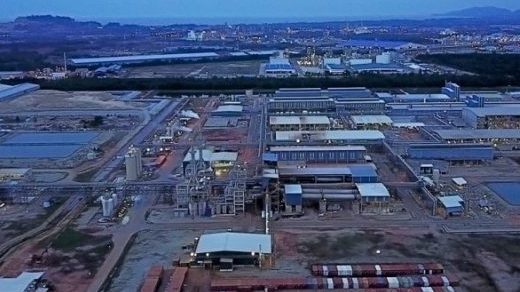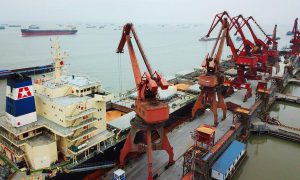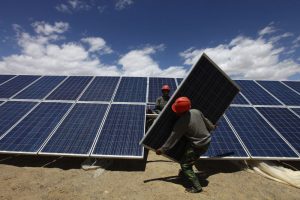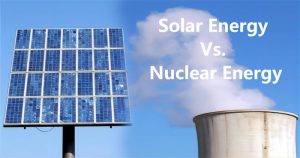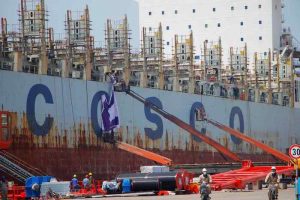(ATF) Australian miner Lynas has won approval to build a large rare earths processing plant in Malaysia in a move likely to be seen as a challenge to China’s hopes of dominating trade in the valuable minerals.
The company, which operates two mines in Australia and Malaysia, signed the deal after a five-year bidding process. Approval had been held up by local concern about the the treatment of radioactive material, disposal of toxic waste and pollution, according to QQ.com.
The increase of Australian influence over the rare earths industry in China’s backyard is likely to raise eyebrows in Beijing, which has made mining the products a strategic industry. The 17 minerals that constitute the rare earth classification are key ingredients in the manufacture of batteries and devices, whose value has risen with demand for consumer electronics.
ORE WARS: Massive beryllium find raises stakes in rare earth tensions
Lynas faced opposition from local Malaysians worried by the prospect of also losing their processing lines, QQ.com reported.
Malaysia has also requested that fracking be completed within five years to avoid the import of radioactive material, and that waste disposal facilities be built within a year. It also demands that Australia’s 5.6 billion yuan rare earth processing plants be approved.
The project is seen as key to preventing bottlenecks in global supplies of rare earths. If Australia doesn’t give it the green light, China has said it is is ready to increase its on production levels by 10%, QQ.com reported.
Jump in output as Covid curbs ease
Meanwhile, Lynas shares posted a 8.1% rise on Wednesday after first-quarter output and production of neodymium and praseodymium has normalised following the easing of coronavirus restrictions in Malaysia and Western Australia.
The world’s largest producer of rare earths outside China said production of neodymium and praseodymium (NdPr) – used in everything from iPhones to weapons – rose to 1,342 tonnes in the quarter ended in September from 1,242 tonnes a year earlier. It was just under a UBS estimate of 1,350 tonnes.
Lynas said a NdPr production rate of 75% is enough to meet demand currently as the coronavirus crisis continues to weigh on demand.
Rare earths have become a key strategic consideration for Washington as it looks to reduce US reliance on China.
Beijing recently passed a law restricting exports of controlled items, giving it the power to curb exports of items to countries that it believes may harm China’s interest.
With reporting by Reuters




